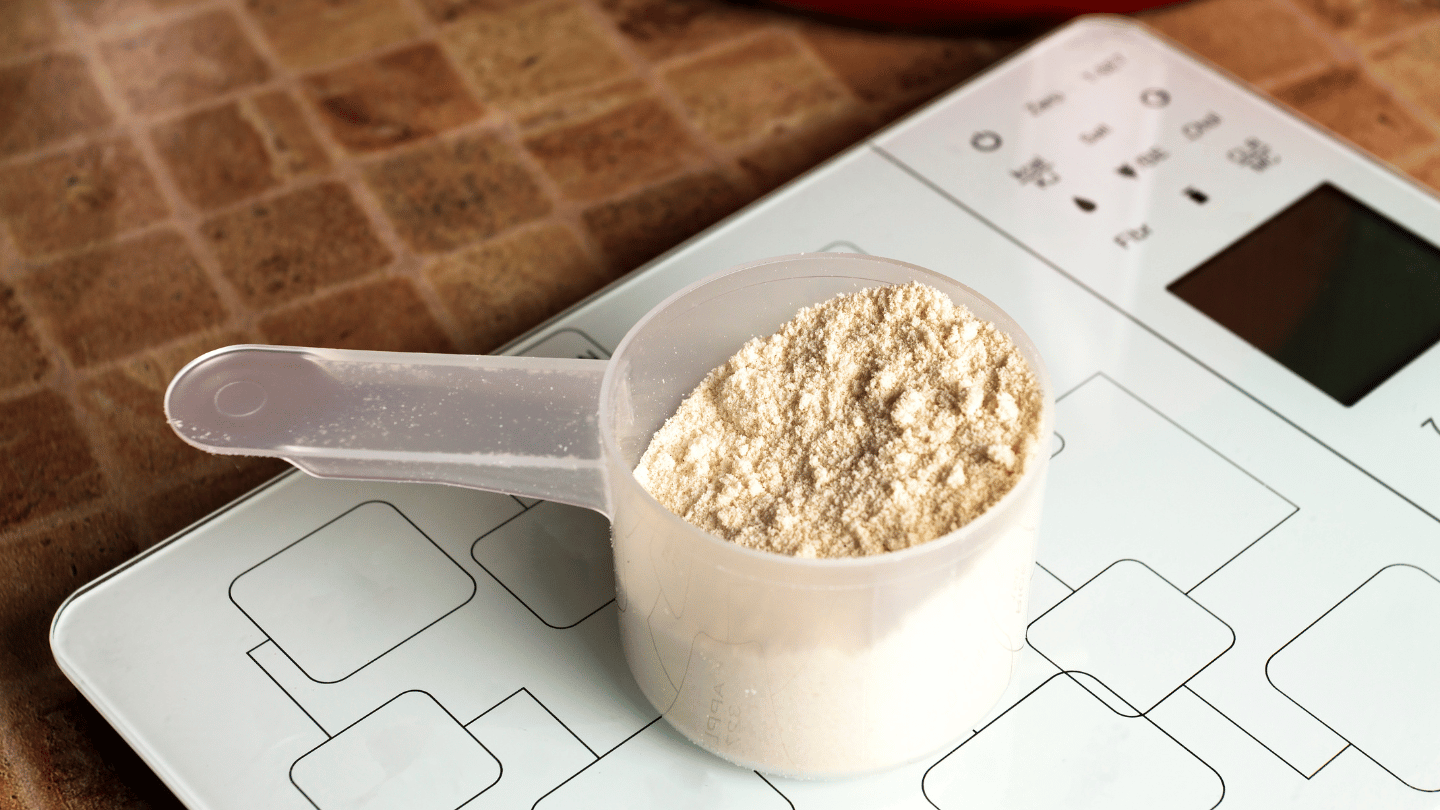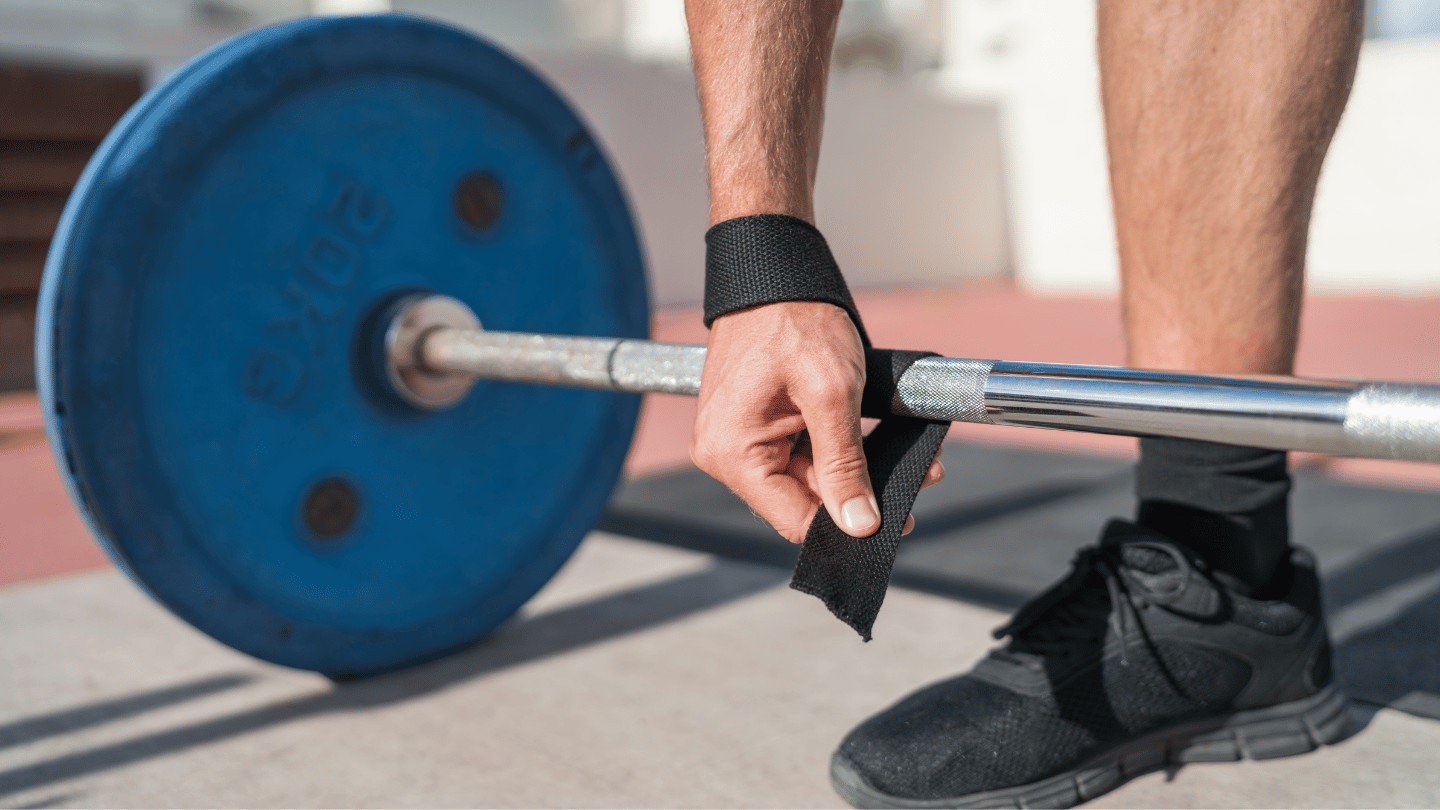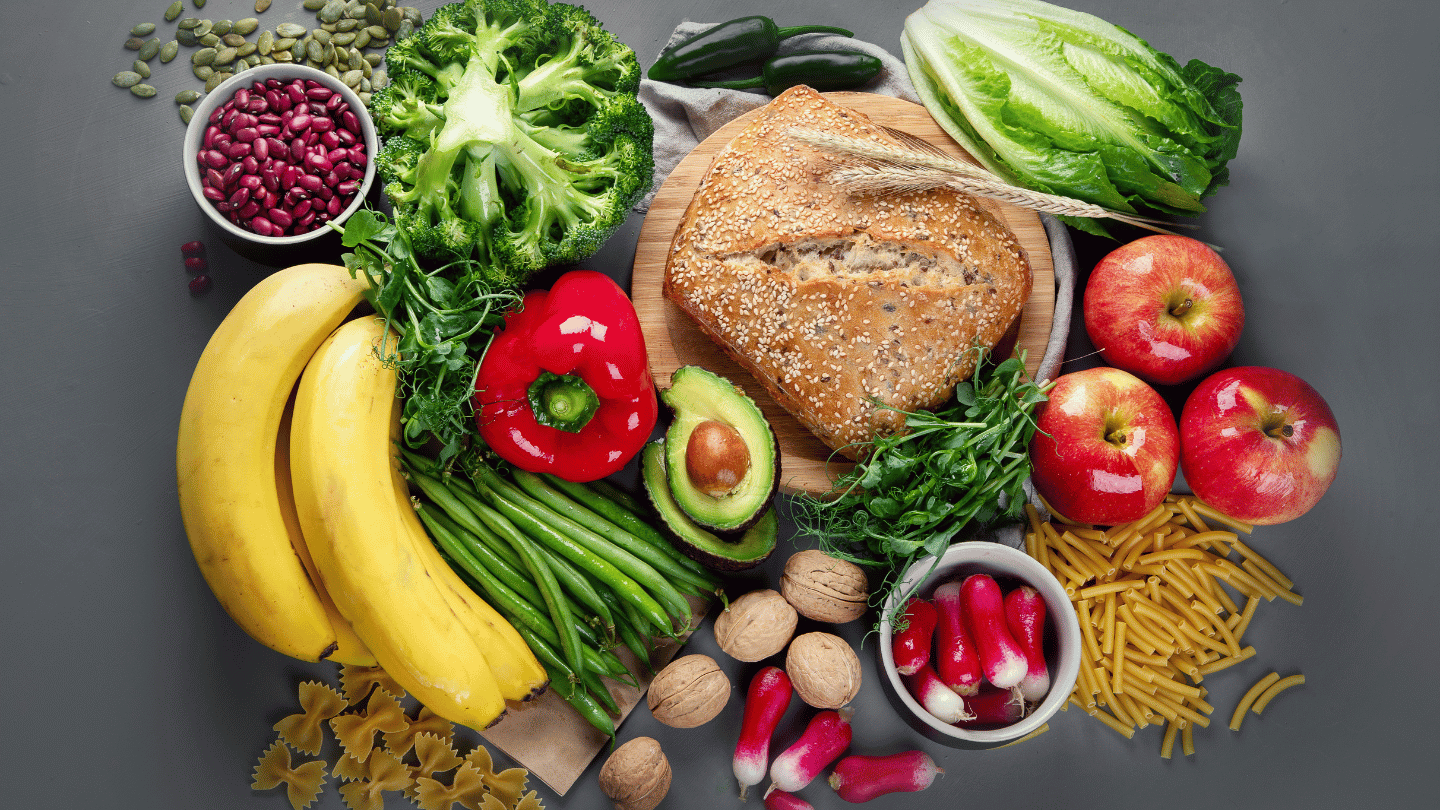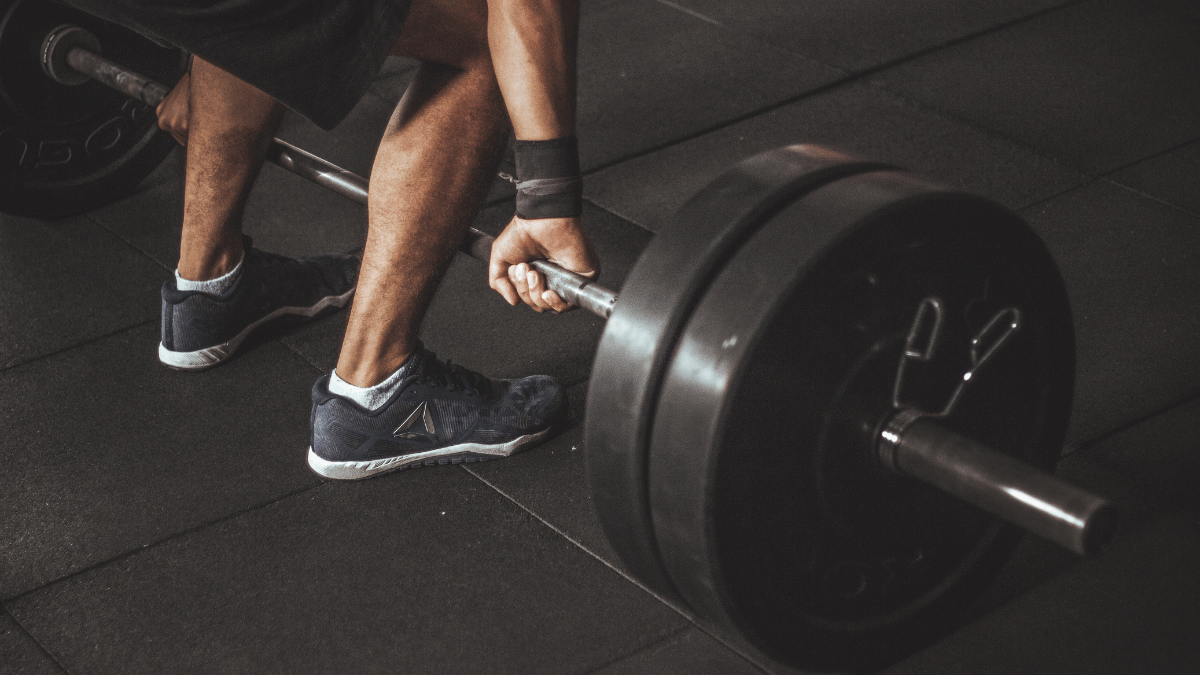You know that feeling when you're doing everything by the book (training in the gym regularly, eating clean, tracking your macros, but nothing's happening? Your jeans still don't fit right, the scale won't budge, and you're starting to think maybe you're just broken.
Well, here's something most people don't realize: the real culprit might not be your diet or workout plan. It could be stress.
Specifically, it's cortisol - that stress hormone coursing through your body right now. And yeah, it absolutely can pack on weight, especially around your midsection. At Hideout Fitness in Irvine, we see this all the time with our clients.
How Does Cortisol Cause Weight Gain?
Think of cortisol as your body's overzealous security system. When stress hits - whether it's your boss breathing down your neck or that never-ending to-do list - cortisol springs into action like it's defending you from mortal danger.
The problem is, your body can't tell the difference between running from a bear and stressing about your boss.
Either way, cortisol kicks in and tells your body to store fat, especially around your midsection.
Here's what happens when cortisol levels stay high:
- Your appetite increases, especially for sugary and fatty foods
- Your metabolism slows down to conserve energy
- Fat storage shifts to your belly area
- Your body holds onto water, making you feel bloated
Research backs this up: a 2017 study showed a direct connection between cortisol and being overweight, particularly around the waist area. PubMed research also confirms that patients with abdominal obesity have elevated cortisol levels.
Does Cortisol Make Weight Loss Harder?
Here's something most people don't realize: chronic stress makes losing weight nearly impossible. When cortisol is constantly elevated, your body thinks it's in survival mode.
Your body starts hoarding calories like it's preparing for a famine. Even if you're eating in a calorie deficit, high cortisol can slow your metabolism by up to 15%. That's like your body hitting the brakes on your weight loss efforts.
The mental side is just as tough.
High cortisol messes with your sleep, which throws off hunger hormones like leptin and ghrelin. A 2020 study in Nature found that high cortisol reactivity actually predicts stress-induced eating in people with obesity - basically, the more your cortisol spikes under stress, the more likely you are to overeat.
The mental side is just as tough. High cortisol messes with your sleep, which throws off hunger hormones like leptin and ghrelin. You end up craving junk food and feeling tired all the time - not exactly a recipe for sticking to healthy habits.
Best Exercises to Lower Cortisol and Weight Gain
The tricky thing about cortisol and exercise is this: some workouts help lower it, while others can actually make it worse. The key is finding the sweet spot.
Your stress-fighting workout toolkit:
- Strength training (2-3x per week): Builds muscle and improves your body's stress response over time
- Walking or light jogging: 20-30 minutes of steady cardio helps burn off stress hormones
- Yoga or stretching: Activates your parasympathetic nervous system, telling your body to chill out
- High-intensity intervals (done right): Short bursts followed by adequate rest can actually help regulate cortisol
What to avoid when stressed:
- Marathon cardio sessions that leave you exhausted
- Training every single day without rest
- Pushing through workouts when you're already burnt out
The American Medical Association supports regular exercise for reducing cortisol levels, but the key is finding the right balance for your current stress load.
Foods That Help Reduce Cortisol Weight Gain
What you're putting in your mouth matters way more than you think when it comes to stress hormones. Some foods basically throw gasoline on the cortisol fire, while others actually help calm things down.
Your superfood allies:
- Fatty fish: Omega-3s in salmon and sardines are natural stress-fighters
- Dark leafy greens: Magnesium helps your nervous system relax
- Berries: Antioxidants protect against stress damage
- Nuts and seeds: Healthy fats that stabilize blood sugar
The villain foods to avoid:
- Refined sugar and processed snacks
- Too much caffeine (especially on an empty stomach)
- Alcohol (it might feel relaxing, but it actually increases cortisol)
- Skipping meals entirely
Here's a simple rule: eat regularly, keep your blood sugar steady, and don't restrict calories too aggressively when you're already stressed. Your body needs fuel to handle stress properly.
How to Stop Cortisol Weight Gain: Breaking the Cycle
The good news is that exercise and nutrition work together to break this cycle. When you move your body regularly and eat foods that support your stress response, cortisol levels naturally start to normalize.
But here's what we see at Hideout Fitness: people who try to white-knuckle their way through this often make it worse.
They restrict calories too much, overtrain, and stress about their lack of progress - which just creates more cortisol.
A better approach:
- Focus on consistency over perfection
- Prioritize sleep (cortisol regulation happens while you rest)
- Find stress management techniques that actually work for you
- Be patient - it takes time to reset your stress response
Your Hero Headquarters in Irvine
At Hideout Fitness, we're not just your average gym - we're your training ground for becoming the hero of your own story.
Our trainers don't just count reps; they help you identify and defeat whatever's holding you back.
When it comes to cortisol-related weight gain, we've seen it all. Our hero trainers create personalized battle plans that work with your body's natural rhythms instead of fighting against them. Sometimes your superpower is knowing when to push harder.
Sometimes it's knowing when to step back and recover.


























.png)











.png)


























.png)
.png)
.png)



























.png)
.png)
.png)
.png)
.png)
.png)